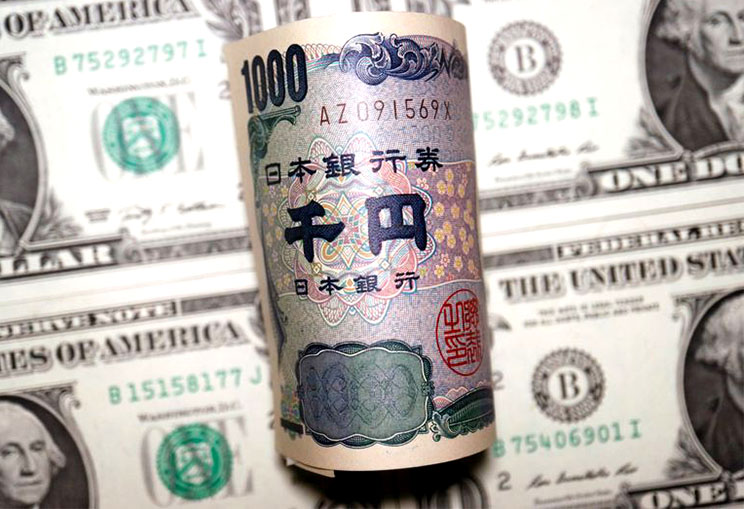Shunichi Suzuki, Japan’s finance minister, issued a warning on Tuesday after the yen hit a new 32-year low, saying that his country would take appropriate and decisive action against excessive, speculator-driven currency moves.
When questioned about rumours that Japan may be supporting the yen without publicly acknowledging it, Suzuki reiterated that the authorities could step in without any announcements but made no mention of whether they had actually done so.
Suzuki told a session of parliament on Tuesday, “We are closely monitoring market moves with a high sense of urgency. We will make an appropriate response decisively to excessive moves.”
He added: “We intervened in the currency market as a decisive measure (on September 22)” in response to a question about what constitutes a decisive response from an opposition lawmaker.
Suzuki declined to address whether government officials were using covert measures to support the declining yen when speaking to reporters earlier on Tuesday.
He repeated remarks made last week after meetings of financial leaders in Washington: “Generally speaking, there are times when we intervene by making announcements, and there are times when we do without it. He made no further remarks about it.
The major psychological threshold of 150 is in focus after the yen dropped to 149.10 to the dollar before the start of Asia trade on Tuesday, its lowest level since August 1990.
Policymakers, who previously focused on the yen’s strength as a worry for the trade-oriented economy, are now concerned that the yen’s sharp decline is pushing up the costs of imports of already-high-priced commodities, putting pressure on households, and upsetting business plans.
Since the beginning of September, when it reached 144 to the dollar as rate increases by the Federal Reserve boosted the value of the dollar, authorities have issued verbal warnings against the yen’s decline almost every day.
In April, when the yen was trading at about 126 to the dollar, Suzuki acknowledged for the first time that it was bad for the economy. It has dropped significantly over the course of the year, dropping by about 20%.
Last month, when authorities intervened in the markets to support the yen for the first time since 1998, they spent 2.8 trillion yen ($18.81 billion) selling dollars and buying yen.
According to estimates from the Bank of Japan released last Friday, institutions’ excess reserves at the central bank would have likely decreased by 4.09 trillion yen as of Monday, Oct. 17, in part because of actions that might have been related to currency intervention.
2.9 trillion yen had decreased as of the beginning of October, according to the BOJ’s earlier prediction, which was made public on September 30.
The more than 1 trillion yen gap might represent money taken from surplus reserves as a result of interventionist yen-buying and dollar-selling. This has increased market participants’ speculation that the government and the central bank may have intervened in the market covertly.
Prime Minister Fumio Kishida also spoke out against swift, speculative currency movements during Tuesday’s parliamentary session.
Kishida dismissed the widely held belief in the market that the Bank of Japan’s ultra-easy monetary policy was largely responsible for the sharp declines in the yen, claiming that currency rates move on a variety of factors in addition to the difference in interest rates between the United States and Japan.
The impact on small and midsize businesses, as well as other comprehensive factors like economic and price developments, are taken into account when the Bank of Japan determines its monetary policy, according to Kishida.
After attending the meetings of the heads of the world’s financial systems last week, Kuroda, who was also testifying in parliament, suggested that the dollar’s strength might not last.
According to Kuroda, “the dollar has become very strong against all currencies around the world.” But few of the people I spoke with in Washington believed it would last for a long time.
($1 = 148.8400 yen)

